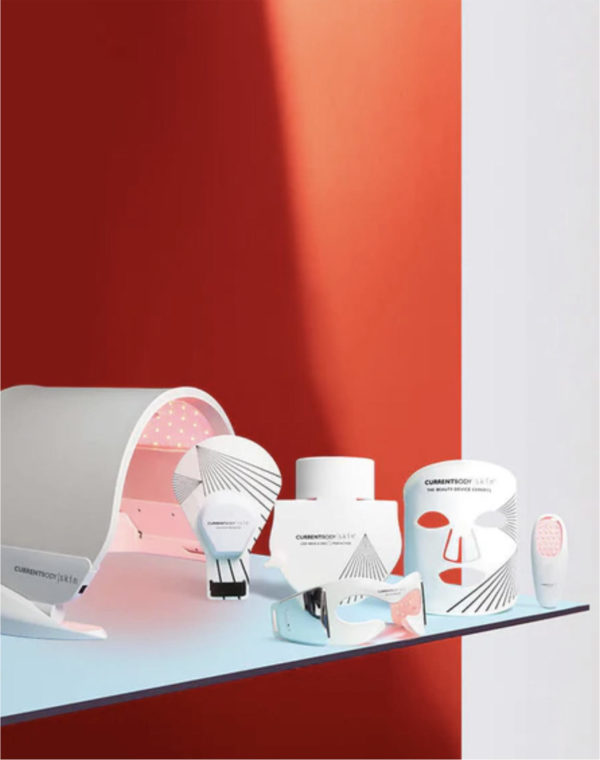Kicking off with the biggest recent news – Revlon has filed for bankruptcy in the US. It’s a showcase in just how complicated big brand financing structures can get. From what I understand, the main reasons for the filing are that the brand had acquired too much debt to withstand the supply chain issues that have arisen from the pandemic. Many brands continue to be beset with raw material problems which range from being unable to source materials (think glass, paper, oils etc), manufacturing delays and price rises. If you don’t have any financial leeway these are insurmountable and combined with the drop in footfall to counters, and the fact that Revlon was slow to adopt interaction with social media, it all adds up to this.

Chapter 11 doesn’t necessarily mean the end of Revlon (which owns Elizabeth Arden, Almay and Cutex) – it allows the company to keep operating while it looks at ways to tackle their debts and repay any creditors. At the least we can expect some significant restructuring. We have a great team here in the UK looking after Elizabeth Arden so everyone has their fingers crossed that it works out. Already, it’s being reported that Indian company, Reliance, is putting feelers out to buy the brand. There’s a feature HERE that explains more.

I picked up on a report from NPD UK HERE which looks at what we are buying and how the beauty market has changed over the past couple of years. Body devices are the big winners since 2019 with sales up 512% in the first quarter of 2022 (think LED masks for hands, neck, decolette and face) and body supplements up 196% compared to 2019. Lip sales are on the decline – down 20% in April 2022 compared with 2019 and customers more interested in buying moisturising alternatives which might mean goodbye to matte lips! In terms of skin care, serums are up 80% in the first quarter of this year compared to the same period in 2019.

I’ve been trying to pick apart the Stila story that earlier this month found Lynn Tilton, financier and CEO of Stila, ousted (until the appeals begin). Tilton is a serial refinancer and founder of Patriarch Partners who refinanced the brand in 2017 and took control of it. However, a US judge has ruled that she had exceeded her authority by appointing herself as manager without the consent of Zohar III Ltd, an investment fund that she herself founded and resigned from in 2016. It’s really a mess. Bloomberg Law has a quote from last year – the ruling is the culmination of many years of wrangling – suggesting that Tilton secured investment for Stila that it didn’t need but would provide Tilton with a generous portion of estimated forward sales. If you want to read the legal papers, they’re at law.justia.com, but so far I haven’t come any finance features that properly picks this issue apart by taking away the legalese but enough to say that it’s been long-running and intensely complicated. Nobody is giving their view on the future of Stila either.

Hailey Bieber’s new brand Rhode Skin has caused no end of problems and is currently being sued (it only launched on the 15th of this month) by fashion company Rhode. Cosmetic Business reports that UK natural beauty company, Rhodes Skincare, was inundated with orders which were subsequently cancelled when customers realised they had the wrong brand.

A recent Which report testing 15 branded and own-label SPFs has found that they’re not giving the level of protection stated on the bottles. Needless to say, the brands all dispute the findings but names you’ll recognise are Nivea Kids Protect & Care SPF50, Ambre Solaire Clear Protect SPF30, Clinique Mineral Sunscreen, Alba Botanical Sensitive and Tropic Skin Shade.




Leave a Reply